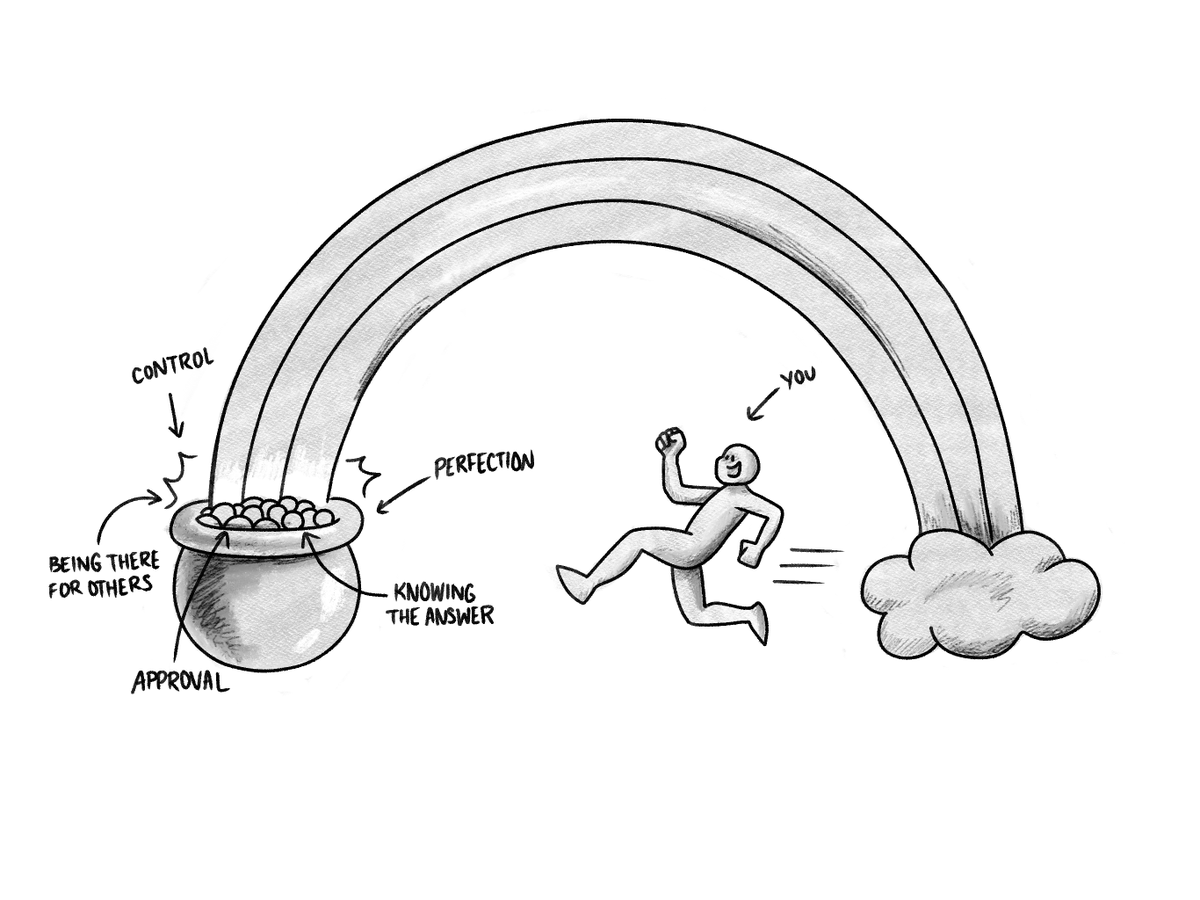Lots of generalized talk about anxiety now days. Awareness is a good thing, but tools, nuanced language and a path will get you 5000% further in anxiety management than just conversation. Two tools....
...that take extra time, but pay off in significant change are....
1: Verbatims.
When I did #CPE, I had to write dozens of #verbatims. 60+ if I recall. Presenting them to a trusted group or to my supervisor brought significant change. I kept 'running into myself' each time. I went from being triggered to knowing triggers as they approached.
When I did #CPE, I had to write dozens of #verbatims. 60+ if I recall. Presenting them to a trusted group or to my supervisor brought significant change. I kept 'running into myself' each time. I went from being triggered to knowing triggers as they approached.
A verbatim is an essay recounting, word for word, as best as you can recall, a conversation where you were anxious, didn't know what to do etc. Next to the conversation, you capture what you were thinking and feeling at the time, as best as you recall....
...at the end you capture what you think and feel now, looking back on it. You also capture your awareness of God, or a part of the Gospel that was present, or that you neglected because of your anxiety....
Side note: it is very difficult to be aware of God and be in anxiety's grip at the same time. Anxiety competes with God for space in your soul where awareness of God resides.
You'll be surprised how accurately you can recall, verbatim, an encounter like this. WARNING: you may 'relive' it a bit when you type it up. If it involves trauma or abuse, I recommend NOT doing it outside of a professional's care.
But presenting a #Verbatim to a trusted group helps you learn more keenly your triggers. Over time, you go from being triggered, to knowing your triggers, to pre-empting them. They will always be present, but no longer have you in their grip. You can now manage them. Powerful.
2: #Genogram. A Genogram is like a family tree, but it captures emotional dynamics, generational traits and conditions such as mental illness or addictions...
You present a genogram to a trusted group. They help you see patterns, assumptions, family propaganda, what you are holding, what is holding you.
Genograms help you gain insight into what you carry into every encounter and what you assume about life. They are not interested in blame, but awareness. Unlike a family tree, they are not interested in objective history, but your subjective experience of it. How you see the worl
Some of my favorite work and consulting is helping people with genograms and verbatims because they are deeper tools that anyone can benefit from and they help us go from talking about it to deep transformation....
I offer free templates and paid video instructions here: store.stevecusswords.com
• • •
Missing some Tweet in this thread? You can try to
force a refresh









